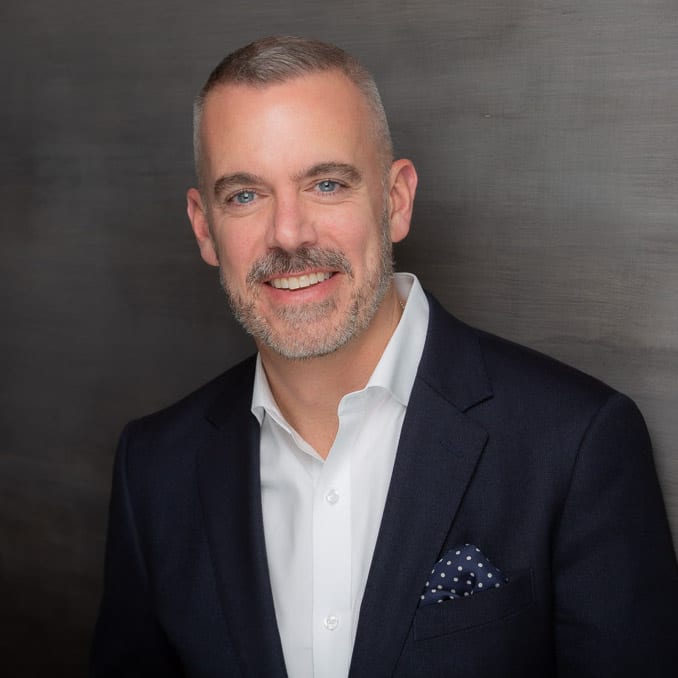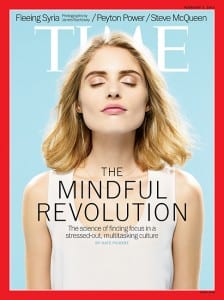I picked up the February 3rd issue of TIME Magazine at a New York subway newsstand because its cover, “The Mindful Revolution: The Science of Finding Focus in a Stressed-out, Multitasking Culture” was less of a lure and more of a dare.
Ironically, I didn’t make time to read it until last night – too busy, or so I told myself. I won’t retell the strong work by reporter Kate Pickert, because if you’re taking the time to read this, you should take a few minutes more to read her article too. Pickert’s article details the growing body of evidence that suggests being mindful – that is, fully present, conscious and focused in any circumstance – can positively impact our decision-making. Learning how to achieve this state may be, “the keys to surviving and succeeding in the 21st century.”
At a time when technology allows us, or often forces us, to process information in rapid succession without ample time for preparation or thoughtful consideration, we tend to judge ourselves on the ability to react and make decisions in real-time. Pickert cites a program run by former General Mills executive Janice Marturano, author of “Finding the Space To Lead: A Practical Guide to Mindful Leadership.” Pickert describes Marturano’s point of view as, “Most leaders … feel besieged by long work hours and near constant connectivity. For those people, there seems to be no time to zero-in on what’s important or plan ahead.
Think about it – How many times in the last 24 hours did you check your email the instant a conversation during a meeting hit a lull? Or the last conference call you were on – Did you really commit to the discussion, or were you excited for the opportunity to listen with one ear while simultaneously focusing on the deck you have to write that’s on the screen in front of you? If you found yourself with a free hour, did you map out a vision for how to solve one of the biggest problems you’re facing or check email instead? When a colleague asked for some advice, did you leave your iPhone on your desk and actually have a quiet cup of coffee, or was the conversation punctuated by the incessant chirps of incoming texts?
I assure you, I’m not writing this from atop a high horse – I’m guilty of these four tendencies and more. Pickert’s article and the scientific data within it put forth the notion that to be truly mindful doesn’t eschew technology or our ability to use it for instantaneous access. Rather, it advocates for us to control it, than it control us.
Truth is, in our business, it’s our job to stay connected. To our clients, to their customers, to data, to news-as-it-unfolds, and to information that will enhance the conversations we start, drive, shape and join. We pride ourselves on responsiveness, immediate access and being as nimble in our service as we are chivalrous.
But the wake-up call for me is that we can be more connected if we carefully plot some time to detach. I’m betting that if we take 15 minutes to be mindful, it might save 45 minutes of distracted conversation, which might just result in a better or even unexpected outcome.
Pickert’s article advocates for personal experimentation. So here are three things I’m going to try for the next 30 days:
1. For 30 minutes, two times a day, I’m going to step away from all technology and focus on a big scary issue that’s hanging out in my peripheral vision. Let’s see how that one hour affects my path to resolution.
2. I’m going to institute a “Power Down” policy here at the office, where anyone can ask anyone else to stop checking devices and focus on what’s being discussed. In exchange, the meeting needs to be cut back by 15 minutes. Let’s see if that mutual agreement yields any unforeseen benefit.
3. I’m going to try really hard to avoid my own devices when talking to my own colleagues. Let’s see if I can prove to them that I am as focused on them as I promise to be.
Join me if you’d like, and let me know how it’s going. Talk to you in 30 days.
Photo credit Peter Hapak for TIME




